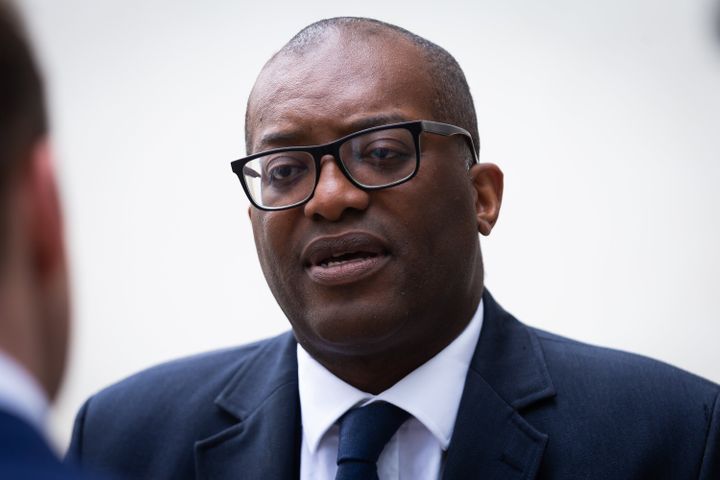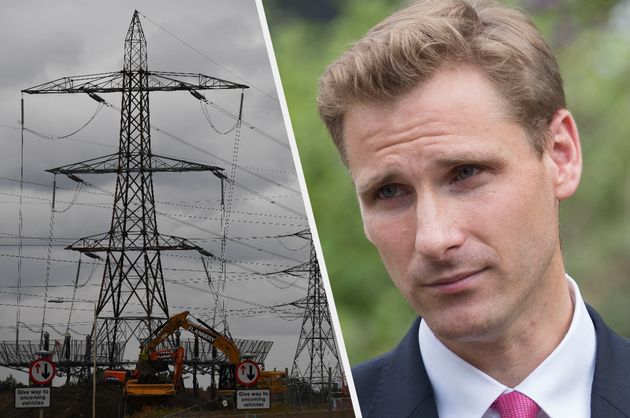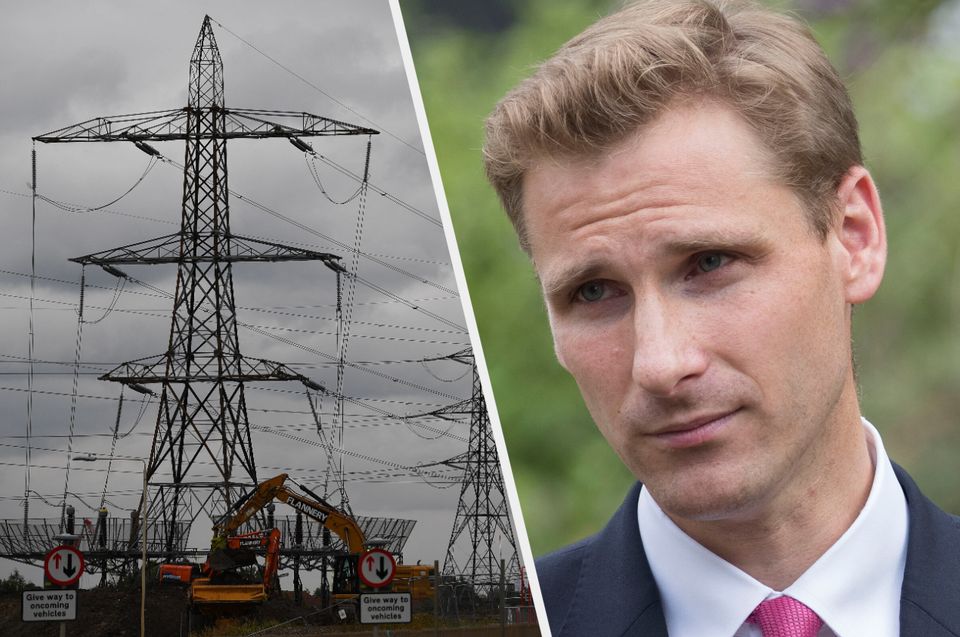A minister today insisted the government is taking “sensible” measures to prevent major power cuts this winter.
Chris Philp said they were taking precautions amid reports that millions may face blackouts this winter because of Russia’s invasion of Ukraine.
Advertisement
Ministers have reportedly been warned of potential power cuts to as many as six million households this winter and the government is drawing up plans for rationed electricity if supply issues deteriorate.
Government modelling of a “reasonable” worst-case scenario predicts major gas shortages in winter if Russia cuts off more supplies to the EU, The Times reported.
Advertisement
The paper reports that limits could be imposed on industrial use of gas, including on gas-fired power stations, causing electricity shortages.

SOPA Images via Getty Images
As a result, six million homes could see their electricity rationed, primarily during morning and evening peaks, in curbs that may last more than a month.
Advertisement
Worse modelling is reported for a scenario in which Russia cuts off all supplies to the EU.
Technology minister Philp told Times Radio: “I think what the business secretary Kwasi Kwarteng did last week was take some sensible precautionary measures to guard against a potential worst case scenario, he asked the three remaining coal fired power station operators to just keep their power stations available beyond the point of which they were due to be switched off.
“And I think he’s considering whether Hinkley B, the large nuclear power station might continue beyond its planned end of life as well.
“That’s a sensible precautionary measure, given that gas supply coming out of Russia, and Ukraine is for obvious reasons, so heavily disrupted and we do, of course, use quite a lot of gas to generate electricity.
Advertisement
“Only a very small proportion of that, of course, comes from Russia, a lot of ours comes from Norway and in the form of liquefied natural gas.
“But of course, disruption to the global gas market will have a knock-on effect that may affect the gas that we consume domestically in the United Kingdom.
“So I think these are just sensible precautionary measures, just to guard against a potential worst case scenario.”
A spokesperson for the Department of Business said the UK had “no issues” with either gas or electricity supply and they were “fully prepared” for any scenario even those that are “extreme and very unlikely to pass”.
“Thanks to a massive £90 billion investment in renewable energy in the last decade, we have one of the most reliable and diverse energy systems in the world,” the spokesperson added, “and unlike Europe, we are not dependent on Russian energy imports.”
Threats to the security of supply have prompted Kwarteng to ask Britain’s coal-fired power stations to delay their planned closures.
The request for power stations in Drax, Ratcliffe and West Burton to stay open was made following the Russian invasion of Ukraine.
They were due to close in September under plans to phase them out entirely by 2024 to reduce emissions.





